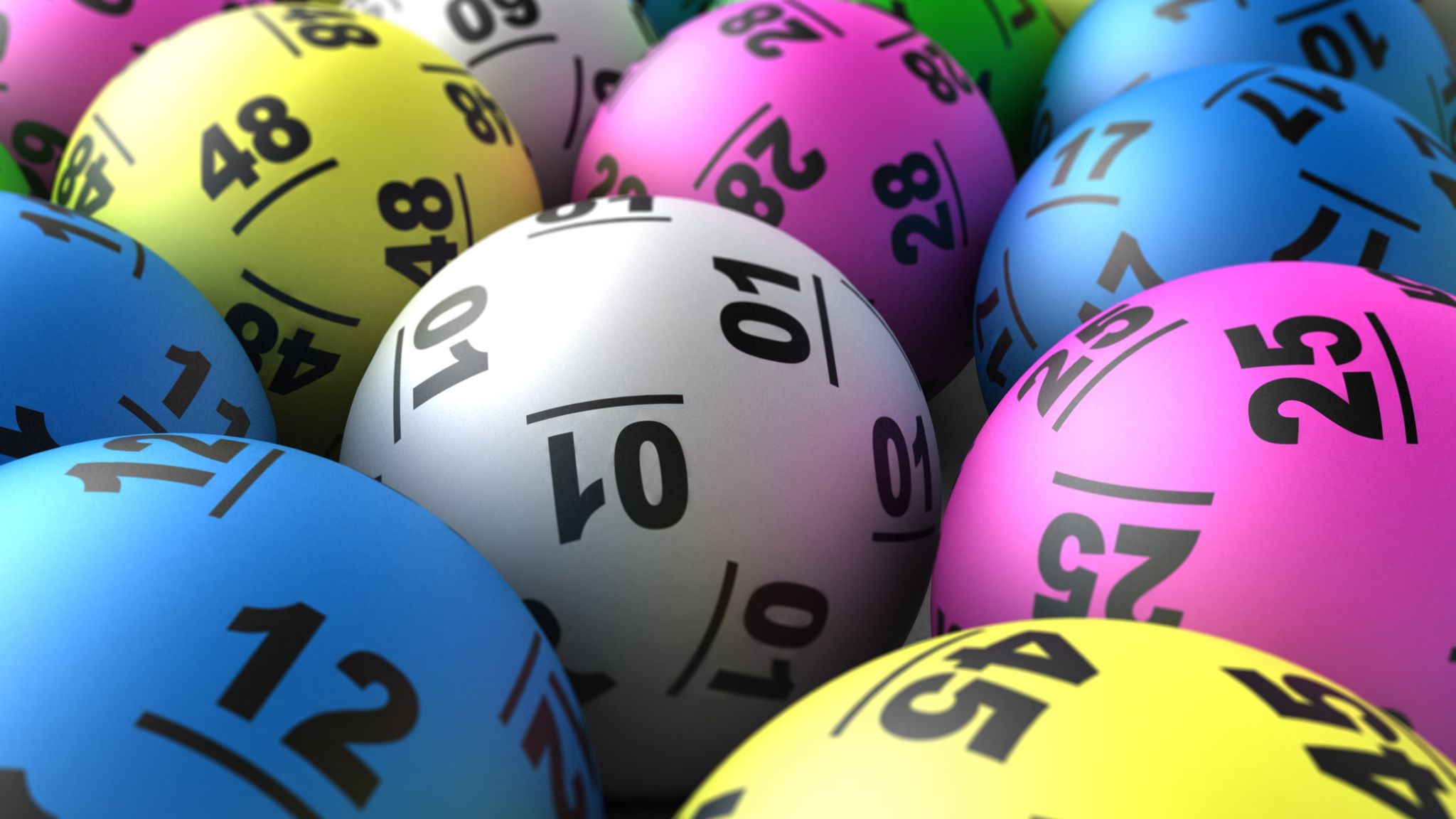
A lottery is a scheme for awarding prizes based on chance. The word comes from the Latin loteria, meaning “drawing of lots.” Lotteries have been around since ancient times and were used to help finance government projects. Historically, lottery revenues have been used to support public infrastructure, such as roads and canals, and to raise money for charitable causes. Many states also use lottery funds to support education, hospitals, and other state programs.
Lottery can be a fun and satisfying pastime, but it is important to understand the odds in order to make a rational decision. Lottery mathematics shows that the purchase of a lottery ticket cannot be accounted for by a decision model that maximizes expected value, because the cost of the tickets is greater than their estimated benefits. However, other models that account for risk-seeking can explain why people buy lottery tickets. These models can include utility functions defined on things other than the outcome of the lottery, such as the entertainment value or fantasy of becoming wealthy.
To improve your chances of winning a lottery, select numbers that are less common. Avoid numbers that are close together or associated with special dates like birthdays. Also, consider pooling your money with friends to increase the number of tickets you purchase. Remember, though, that every number has an equal probability of being selected.
Lastly, it is important to keep your win quiet until you are able to settle the winnings with lottery officials. This will protect you from being inundated with vultures and new-found relatives looking for their share of the prize.